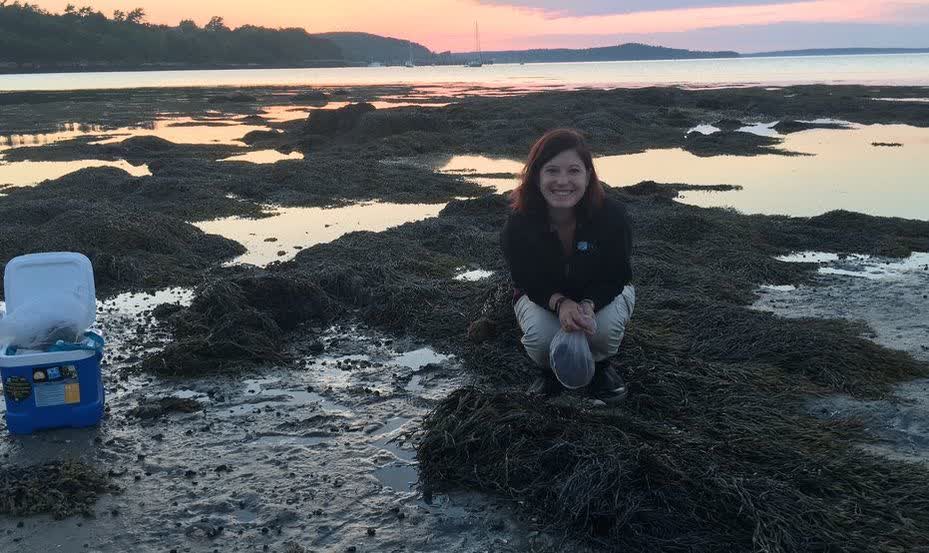

Positions
April Monica Houghton Blakeslee
Overview
overview
-
I am a conservation biologist with a focus on aquatic systems, and I am interested in global species patterns, biogeography, population and community ecology, species interactions, evolutionary ecology, and the unique and integrative insight that can be gained from studying biological invasions. I am also interested in biogeographic patterns of hosts and parasites, host-parasite interactions, and co-evolutionary dynamics.
I am presently a member of the Biology Department at East Carolina University, where my research includes a diverse program involving biodiversity, population genetics, parasite ecology, and biogeography-as well as the unique and integrative insight that can be gained from studying biological invasions. Recently, biological invasions have become recognized as a major contributor to the global (and often disjunct) distributions of many marine species as a result of human transport mechanisms. Invasion research is therefore important not only from a conservation perspective but can provide theoretical and practical understanding of population and community level influences of novel species, and can also serve as an important teaching tool for students and the general public. Marine invasions are a major part of human-induced global change, including population, community, and ecosystem-level shifts in marine biota, genetics, and the environment. We focus our studies primarily on marine invertebrates as they have contributed vast numbers of introductions globally, and they also serve as hosts to marine parasites, which are a fundamental but often overlooked component of many marine systems, and which can become cryptic invaders themselves.
Prior to my appointment at ECU, I was an Assistant Professor at Long Island University-Post. During my time at LIU-Post, I taught several undergraduate courses related to general biology and ecology, and a graduate level course, Marine Ecology. I also developed a productive research program at LIU with undergraduate students and masters' students. I mentored three master's students who successfully defended their masters' theses during this time. Prior to that appointment, I was a postdoctoral fellow in the Marine Invasions Ecology Laboratory at the Smithsonian Environmental Research Center (SERC) in Edgewater, Maryland under the supervision of Drs. Gregory Ruiz and Whitman Miller. While at SERC, I received two postdoctoral fellowships: the first was a Smithsonian Institution (SI) fellowship, where I focused on the populations genetics and phylogeography of a widespread marine snail, and the second was a fellowship through SI's Marine Science Network, where I investigated host-parasite biogeography, ecology, and population genetics in native and introduced regions. I remain strongly tied to the Marine Invasions lab at SERC. Prior to my appointment at the Smithsonian, I completed my Ph.D. at the University of New Hampshire with advisors, Drs. James (Jeb) Byers and Michael Lesser.